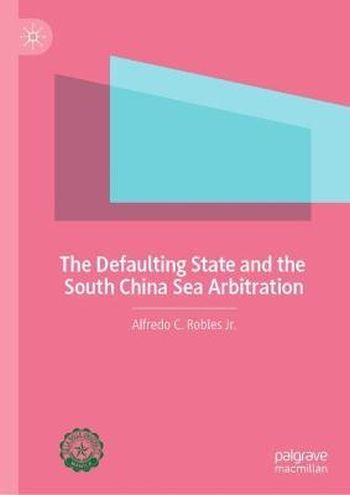
The book discusses the legal and procedural issues raised by China's default in the South China Sea Arbitration, the first ever compulsory dispute settlement procedure to which China was a party and the first instance of complete default of a State before an international court since the mid-1980s. It pays special attention not only to China's legal justifications of its default but also to its critiques of the procedures followed by the Tribunal in its absence. Examining the record of default before the International Court of Justice (ICJ) between 1947 and the 1980s, the book accepts that in some respects China behaved like other defaulting States but argues that in many significant respects, China departed from these other States' conduct. The book examines the way in which the Tribunal drew on the full range of its powers in order to ensure that neither China nor the Philippines would suffer from China's default, although it argues that in practice, the Tribunal acted as China's de facto lawyer. The book describes Taiwan's attempts to participate in the proceedings as amicus curiae and discusses the shortcomings of its submissions. It also assesses China's questioning of the independence and impartiality of all the experts involved in the proceedings and of the judges, drawing on the broader scholarly debates relating to these issues.
In so doing, it explains in layperson's terms the expert opinions and the Tribunal's assessments of the latter in the areas of satellite imagery, coral reef ecology, and navigational safety. The book also elaborates on the way in which Chinese scholars have exploited the complexity of the proceedings to disseminate half-truths and counter-truths about the legal and procedural issues raised by China's default. The book draws on parallels between China's conduct in its proceedings and the behavior of the Chinese State and the Chinese Communist Party towards Chinese judges. The book explains China's accusations of corruption and bias against the Tribunal as reflections of the reality of corrupt and dependent judges in China. The book concludes that unlike Chinese judges, the Tribunal, despite China's default, was able to perform the judicial function.